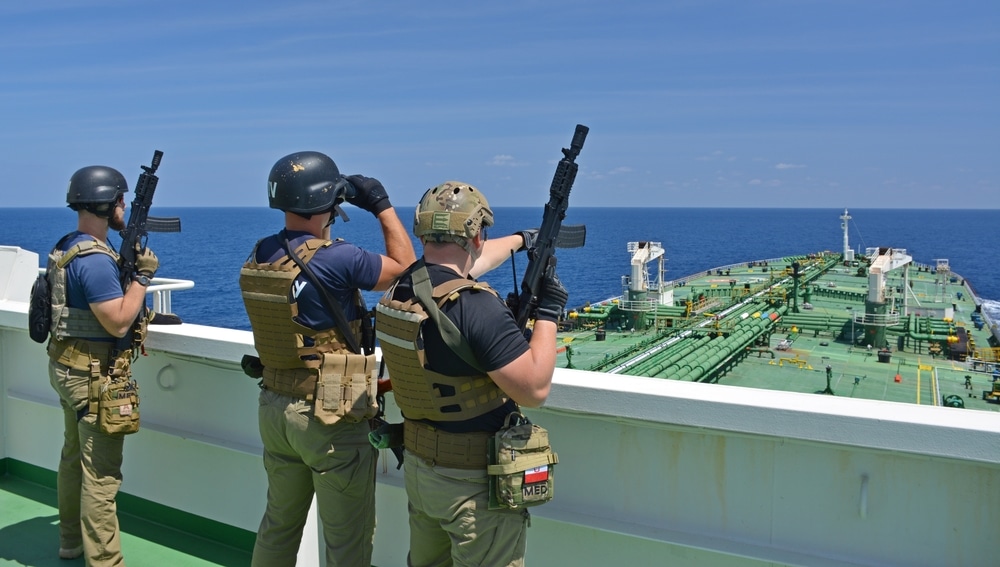The cost of international shipping has skyrocketed as businesses rush to transport goods for the upcoming festive season months earlier than usual. This sudden surge in shipping rates is largely attributed to the ongoing attacks in the Red Sea by Yemen’s Houthi militant group, which have forced ships to take longer, alternative routes.
Shipping Rates Nearly Triple
According to freight market tracker Xeneta, the average cost of shipping a 40ft container between the Far East and northern Europe at short notice reached a staggering $4,343 last week – nearly three times higher than the same period last year.
While prices have not yet surpassed the peak seen immediately after the Houthis began targeting vessels in November, they are rebounding during what is typically a quiet period for shipping in the spring months.

Peak Season Kicks Off Earlier in 2024
Michael Aldwell, head of sea logistics at Kuehne + Nagel, one of the large freight forwarders that handles goods and sets the price of shipping for retailers, stated that the peak season has been brought forward.
Some of Kuehne + Nagel’s customers have pre-booked shipments for the festive shopping period as early as April, while others are stocking up on summer goods such as outdoor furniture and barbecues.
Multiple Factors Contributing to Increased Demand
The resurgence in shipping costs is not solely due to the attacks in the Red Sea. Demand has also been boosted by customers who previously slashed inventories in expectation of weak consumer demand this year. With consumer demand now not as depressed as some businesses expected, they are willing to pay higher prices to access the limited shipping capacity.
Businesses Stocking Up Early
Peter Sand, chief analyst at Xeneta, noted that importers have learned from the pandemic that the best way to build resilience in their supply chains is to stock up as quickly as possible. Businesses have told Xeneta that some have decided to bring in Christmas goods now, as they may be short of capacity during the traditional peak season.

Long-Term Impact on Supply Chains
The disruption caused by the Houthi attacks is expected to continue later into the year, and even after the Red Sea disruption is resolved, supply chains are likely to be different in the future.
Marco Forgione, director-general of the Institute of Export & International Trade, which represents UK traders, stated that globalization is threatened by repeated geopolitical instability, and inventory management will be at the forefront of future supply chain strategies.
As businesses adapt to this new reality, consumers may face the consequences of higher shipping costs and potential shortages of popular products during the upcoming festive season. The attacks in the Red Sea serve as a stark reminder of the fragility of global supply chains and the far-reaching effects of geopolitical instability on international trade.



